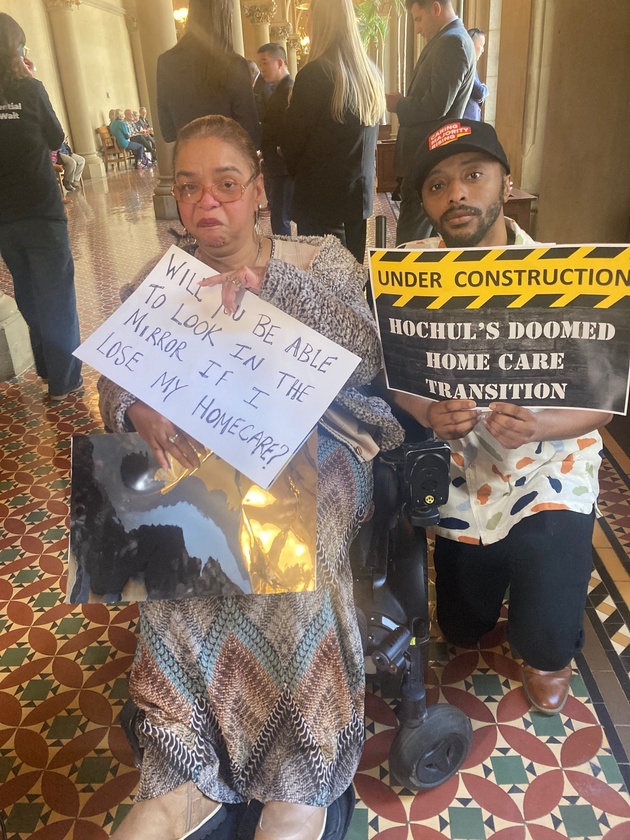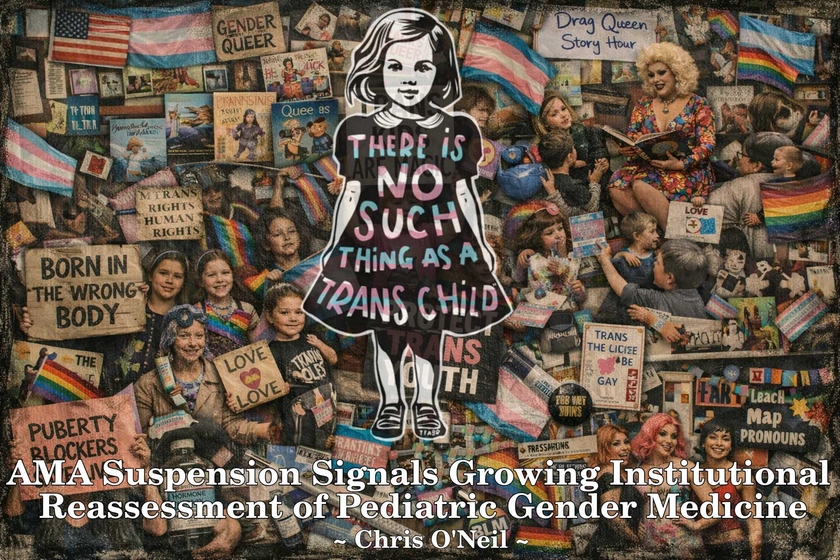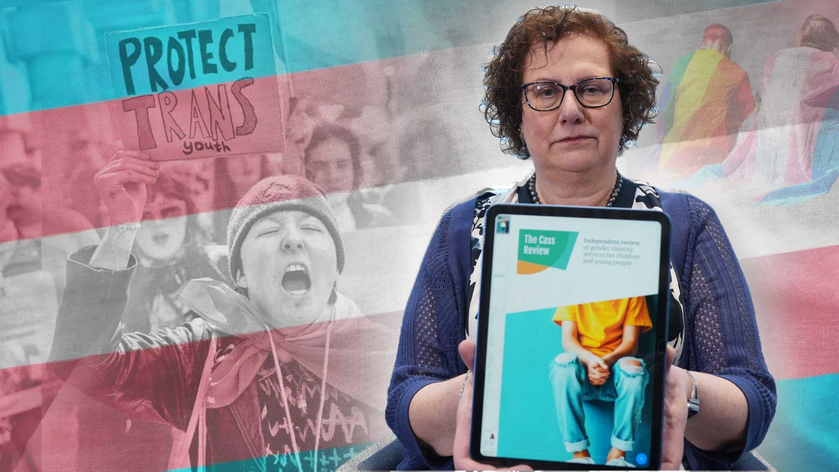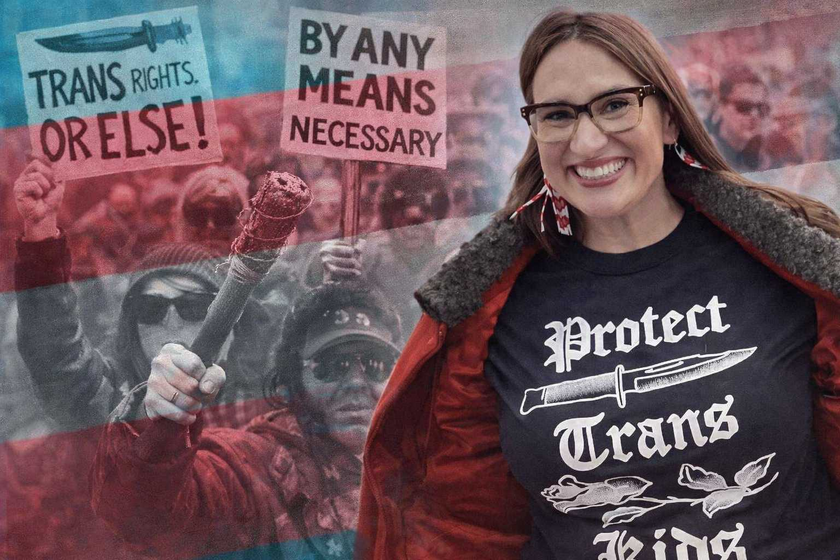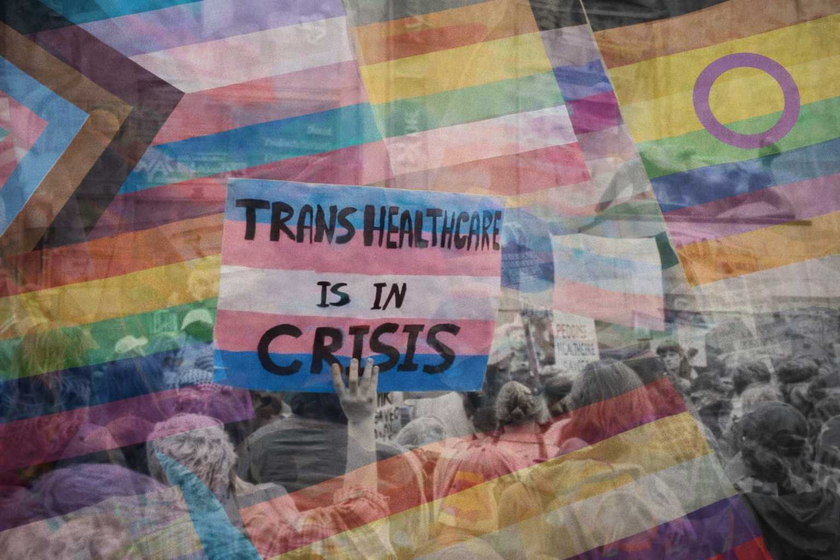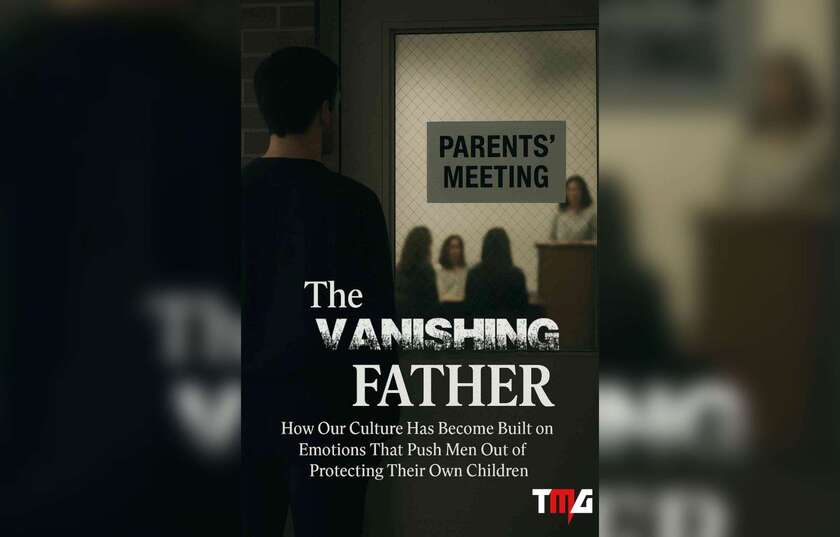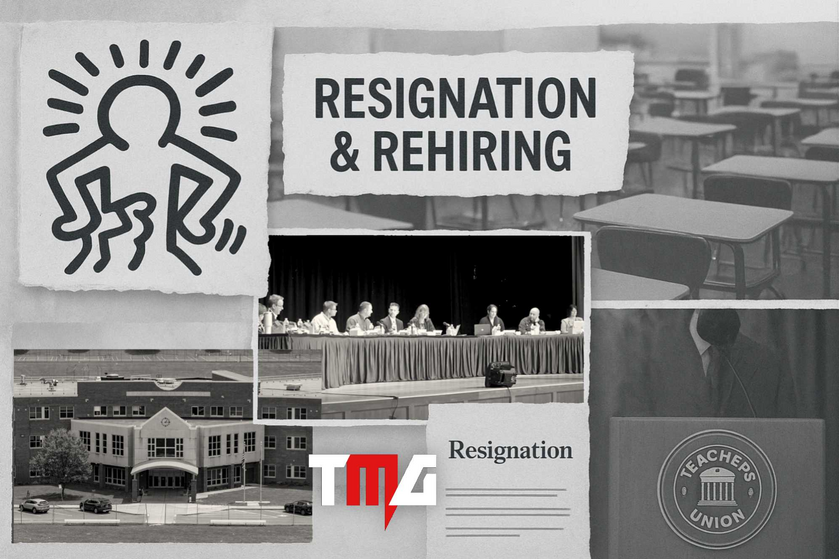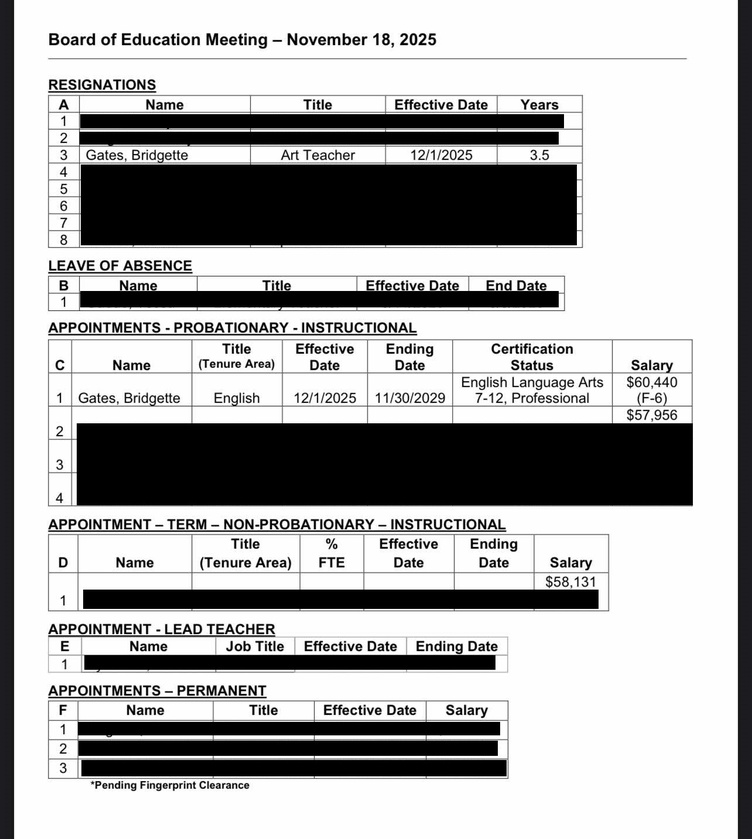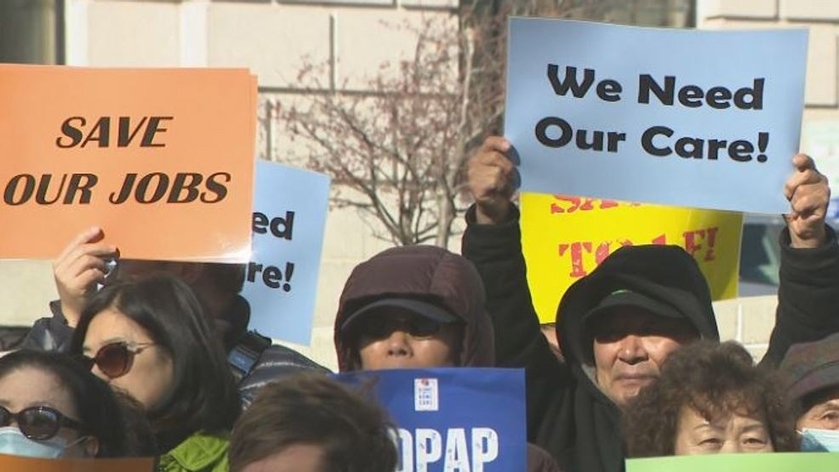
Albany, NY -- The Consumer Directed Personal Assistance Program (CDPAP) in New York State is on the brink of a significant forced transformation that has sparked widespread concern among consumers, caregivers, and advocacy groups. The state's plan to transition to a single fiscal intermediary (FI) by April 1, 2025, has led to fears of potential disruptions in care for thousands of New Yorkers who rely on this vital program.
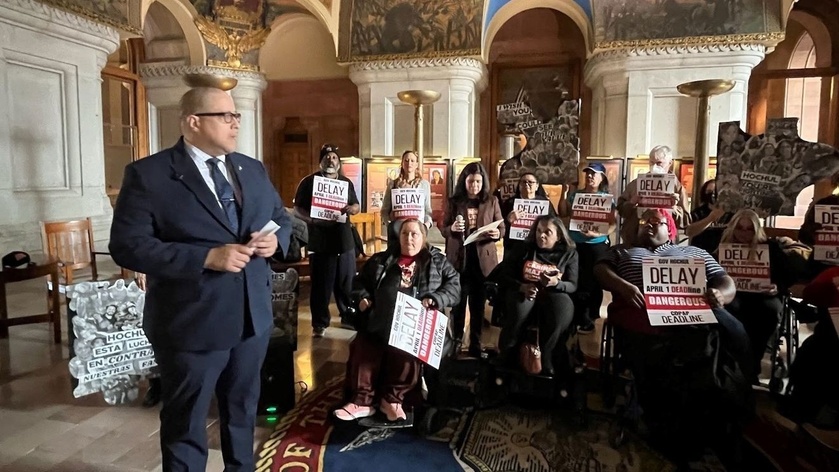
CDPAP is a Medicaid program that allows chronically ill or physically disabled individuals to hire and direct their own caregivers, often family members or friends, to assist with daily activities and medical needs. This model offers recipients greater autonomy and personalized care, enabling many to remain in their homes rather than entering institutional settings. Historically, the administrative functions of CDPAP have been managed by numerous fiscal intermediaries—organizations responsible for handling tasks such as payroll and compliance. Over time, the number of these intermediaries swelled to over 600, leading to concerns about inefficiencies and escalating costs. In response, Governor Kathy Hochul's administration announced plans to streamline the program by appointing a single FI, Public Partnerships LLC (PPL), to oversee all administrative duties.
On March 17, 2025, AARP New York issued a letter to Governor Hochul expressing deep concern over the rapid implementation timeline of the single FI model. The letter highlighted alarming statistics: out of 280,000 consumers and approximately 425,000 personal assistants (PAs) involved in CDPAP at the end of 2024, only 89,769 consumers had completed the registration process with PPL as of March 10, 2025. Moreover, only 112,500 PAs had initiated or completed their registration. AARP emphasized that incomplete enrollments could lead to consumers losing essential home care services and PAs not receiving payment for their work. The organization urged the governor to delay the March 28 registration deadline to prevent potential care disruptions.
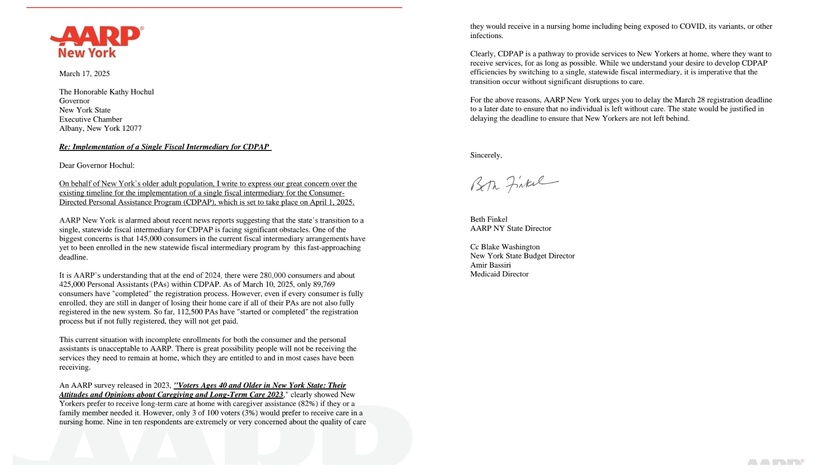
The concerns raised by AARP are echoed by various stakeholders. State Senator Leroy Comrie is rallying fellow lawmakers to petition Governor Hochul for a postponement of the transition deadline, aiming to ensure that all program users and their workers are adequately registered with PPL before the changeover. Similarly, Medicaid Matters New York, an advocacy group, has repeatedly called for a delay, citing the rushed nature of the transition and the potential for significant care disruptions if consumers and workers are not properly enrolled.
The New York State Department of Health (DOH) has acknowledged the challenges associated with the transition. On March 17, 2025, the DOH provided an update on the progress of the CDPAP transition, emphasizing efforts to ensure a smooth changeover and continuous access to care for consumers. Previously, on March 11, 2025, the DOH issued cease and desist letters to certain fiscal intermediaries and licensed home care service agencies, underscoring the state's commitment to enforcing the transition plan.
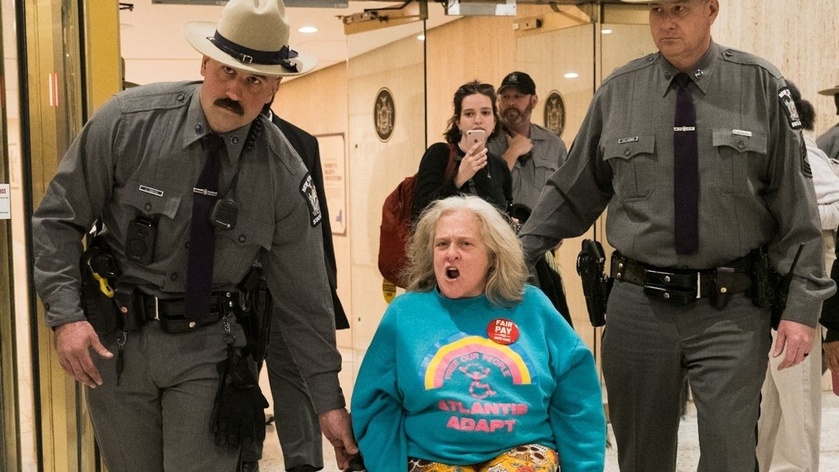
With the April 1 deadline rapidly approaching, the future of CDPAP hangs in the balance. The state's initiative aims to streamline administrative processes and control costs within the program. However, the expedited timeline and current enrollment shortfalls pose significant risks to the continuity of care for thousands of New Yorkers. Advocacy groups, legislators, and consumers are urging the administration to reconsider the implementation schedule to ensure that the transition does not inadvertently harm those it intends to serve. The coming days will be crucial in determining whether the state will adjust its plans to address these pressing concerns or proceed as scheduled, potentially impacting the lives of many vulnerable individuals.
